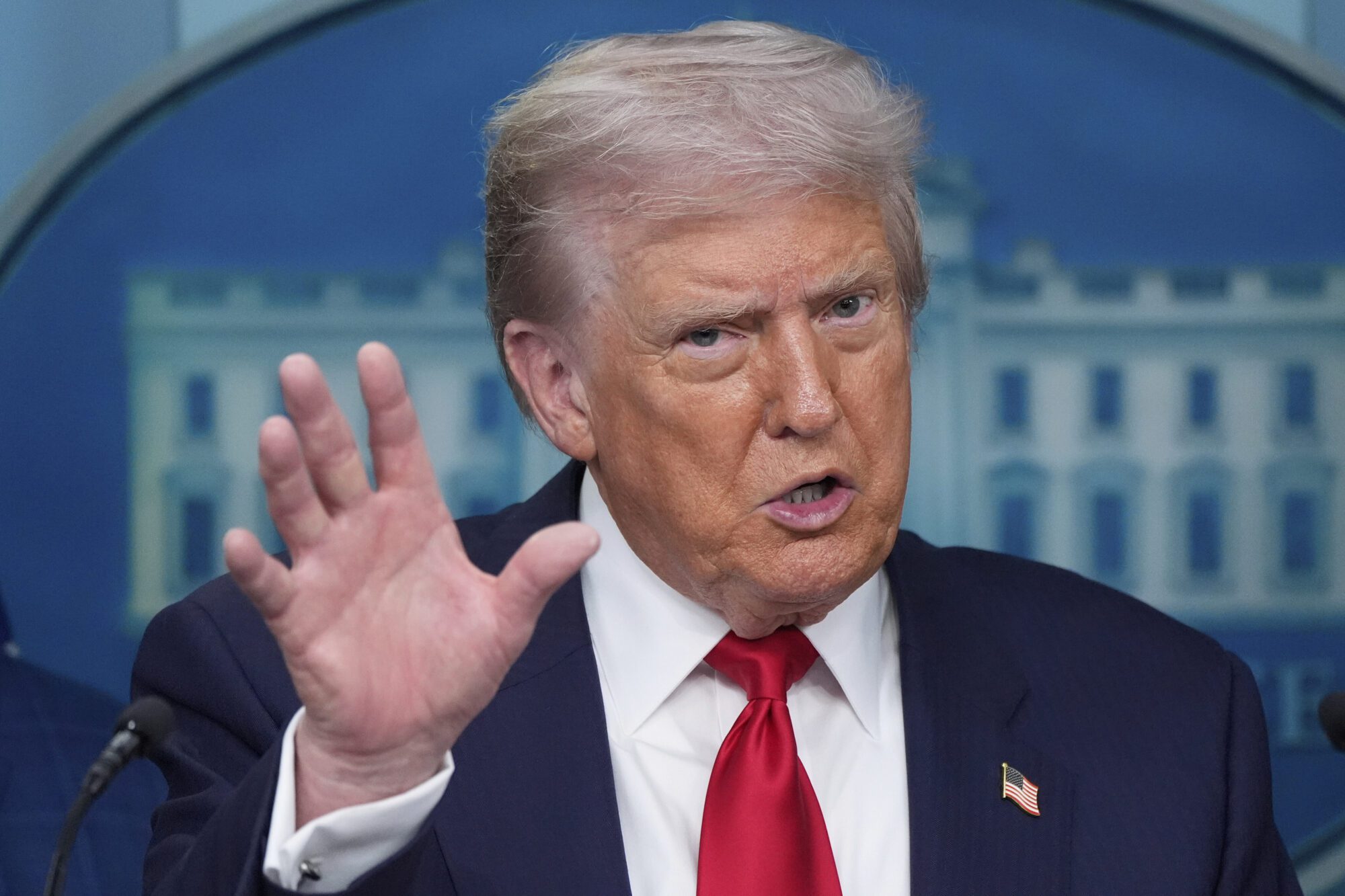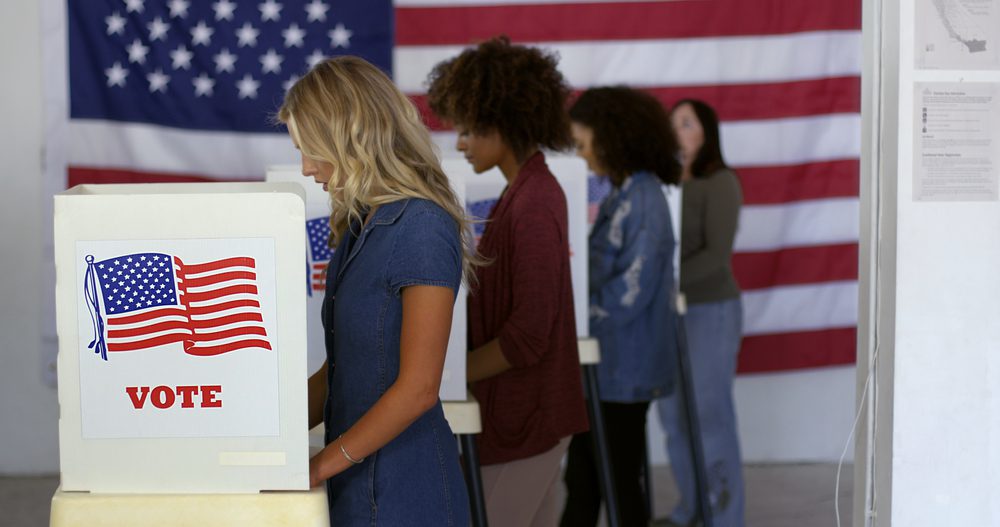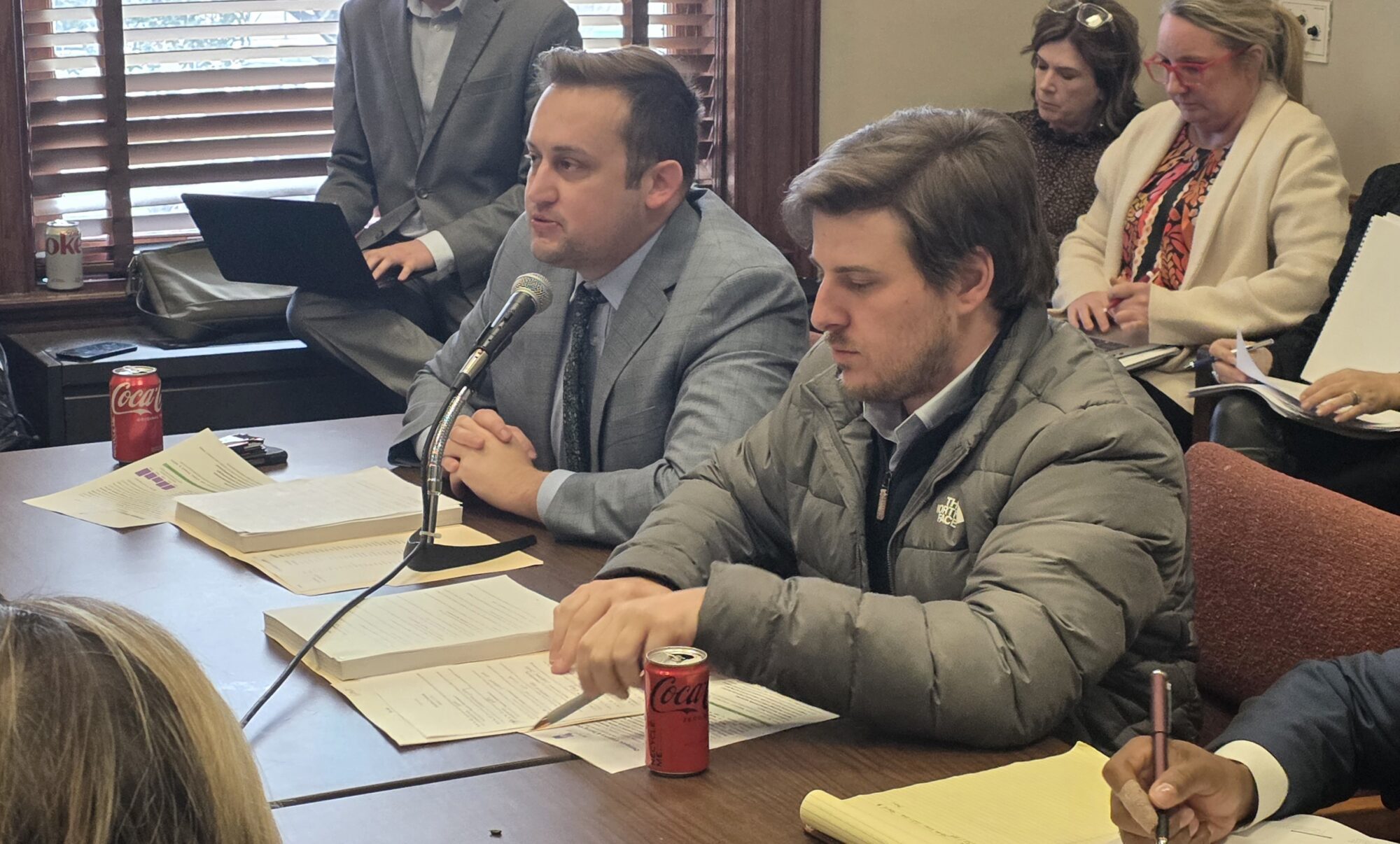
(Photo: U.S. Department of Defense photograph., Wikimedia Commons)
As Liz Mair writes, for the first time in a very long time, there is a non-zero chance that both major party nominees could be dead or medically incapacitated before we get to next November.
With about a year until Election Day 2024, America is facing a bleak reality it has not yet come to grips with: For the first time in a very long time, there is a non-zero chance that both major party nominees could be dead or medically incapacitated before we get to next November. We also face a situation in which key elements of each party refuse to acknowledge this fact and address it.
On the Democratic side, voters are acutely aware of the risks presented by running a candidate as old as Joe Biden for a second term, but Democratic elites who still dictate much about nominations and who can vie for them appear utterly unconcerned. On the Republican side, party elites are extremely concerned about the age, cognitive ability, and infirmity (among many other things) of Donald Trump; meanwhile, voters – likely remembering a more spry Trump from the 2016 campaign and early portion of his presidency – are not nearly as bothered.
But whatever voters or elites think, the fact is that current life expectancy for American men is 77.28 years, according to the World Bank. Both Biden and Trump have already passed that marker. Both take medication to control cholesterol that extend longevity by only about a year. One of them seems to have trouble sticking to a healthy diet and doing the right amount of exercise. The other does exercise, but demonstrably appears “off his game” cognitively.
Most of us with aging parents know to make plans for when an older relative dies – or becomes incapacitated. But what are the major political parties’ plans for this situation? And are they any good?
The rules adopted at the Republican National Convention in 2020 state that the Republican National Committee – a collection of 168 individuals – is “authorized and empowered to fill any and all vacancies which may occur by reason of death, declination, or otherwise of the Republican candidate for President of the United States.” They also provide that the RNC “may reconvene the national convention for the purpose of filling any such vacancies.” So, as things stand, if Trump wins the nomination but dies before Election Day 2024, 168 people you likely have never heard of will decide one of your choices for president.
Under Democrats’ rules, “The Democratic National Committee shall have general responsibility for the affairs of the Democratic Party between National Conventions,” and “This responsibility shall include … filling vacancies in the nominations for the office of President.” Slightly more than 168 individuals would be eligible to vote to select a replacement nominee on their side, though; the Democratic Party’s website stipulates that “the DNC is composed of the chairs and vice-chairs of each state Democratic Party Committee and over 200 members elected by Democrats in all 57 states and the territories.”
None of this sounds terribly democratic, though – and whether it’s quite true or not, Americans do like to believe we live in a democracy. There’s a better plan that the parties could still potentially put into motion for at least some of the primaries and caucuses: Establish rules to require caucuses and primaries to ask caucus-goers and voters to select not just their choice for president, but also a different, living, constitutionally eligible person as their second choice should their numero uno become unavailable. This would give normal Americans – not the elite groups of a few hundred party insiders – a say should Trump and/or Biden literally drop dead.
A tweak like this would be a whole lot easier to execute than amending the Constitution to insert an upper age limit or some sort of health and cognitive function requirement. It would also be vastly more democratic than the existing party strictures or getting either party to do what might appear to be the rational (but also not-at-all democratic) thing of just having a majority of delegates at the 2024 conventions say at the last minute, “Nope, you, Joe, and you, Donald, are just too old,” and picking whomever else they prefer who is under the age of 70.
It would also be less obviously insane than delegates making their choice but with some mandated requirement to hew to public polling, which in the aftermath of a candidate’s demise would really just be an exercise in ascertaining who has the highest name ID. It would make the current attacks being leveled on Nikki Haley by Ron DeSantis a whole lot more relevant and meaningful. It could enable us to dispense with the absurd shadow campaign being run by Gavin Newsom – and the slightly more stealthy one being run by JB Pritzker – and have an honest discussion about each man’s qualifications for the job.
But it would also have flaws. First, it’s not clear that you could bind delegates to going with the candidate that a majority of those who caucused and voted selected as their number two choice (assuming a single figure even garnered a majority) – or at least bind them beyond a certain number of ballots. Second, campaigning and ballot printing costs shoot up. Third, there would be no way to implement this change in time for the earliest states. Fourth, it would be tough to guarantee that all secretaries of state would abide by the rules the parties would then be seeking to establish – it’s easy to see partisan flamethrowers refusing to play ball as part of a 2024 “Operation Chaos.” Fifth, the Secret Service would likely need to incur more costs and man-hours (since foreign meddling in the election might increase, including through threats on candidates’ lives).
Yet it has to make more sense than proceeding with the current plan, given the leading candidates’ ages and levels of infirmity. Both parties purport to be concerned about democracy, representation of “the people,” and elites running the show in virtually every facet of American life. Right now, party rules do not reflect that, and Americans could face the consequences sooner rather than later.
#####







